What is Cobian Backup? How to use Cobian Backup to back up your computer? From this comprehensive guide, you can find what you need. Besides, MiniTool displays several free Cobian Backup alternatives here for PC backup.
About Cobian Backup
It is crucial to regularly make backups of your important files and folders. For this task, you choose to use the free backup software, Cobian Backup which is a file-backup program.
With it, you can easily make automatic backups for your files and directories and save backups to the network, an FTP server, or another location on the same computer. Cobian Backup supports encryption and compression, and incremental & differential backups.
On its official website, you can find that Cobian Backup 11(Gravity) is the latest version that works well in Windows XP, 2003, Vista, 2008, Windows 7, Windows 8, and Windows 10. Since version 9, Cobian Backup is no longer open-source.
Do You Need a Cobian Backup Alternative
After the release of Cobian Backup 11, the development by the original author of this program has been discontinued, and the source code has been sold off. Its successor program, Cobian Reflector, came to the public in February 2021, compatible with Windows Vista SP2, Windows 7 SP1, Windows 8, Windows 8.1, Windows 10 or newer, and Server 2008 or newer.
This new program is completely .NET based. It includes all the features of Cobian Backup 11. In addition, it supports SFTP transfers, is DPI independent, and works well in 64-bit and 32-bit systems.
Here comes a question: do you need a Cobian Backup alternative for Windows 10/11? Although Cobian Backup is discontinued, you can still download and use it. But it has some limitations:
- Not compatible with Windows 11
- Only backs up files
Besides, some issues are always reported. Taking those into consideration, you wish to look for a free and reliable alternative to Cobian Backup. If you continue to use Cobian Backup, follow the instructions below.
How to Use Cobian Backup
The interface is not user-friendly, so take these steps to begin file backup.
Step 1: Download Cobian Backup 11 (Gravity) by visiting the website https://www.cobiansoft.com/cobianbackup.html.
Step 2: Run the .exe file and follow the prompts to complete the installation.
Step 3: Launch Cobian Backup to its main interface. Then, click the plus sign icon to create a new backup task.
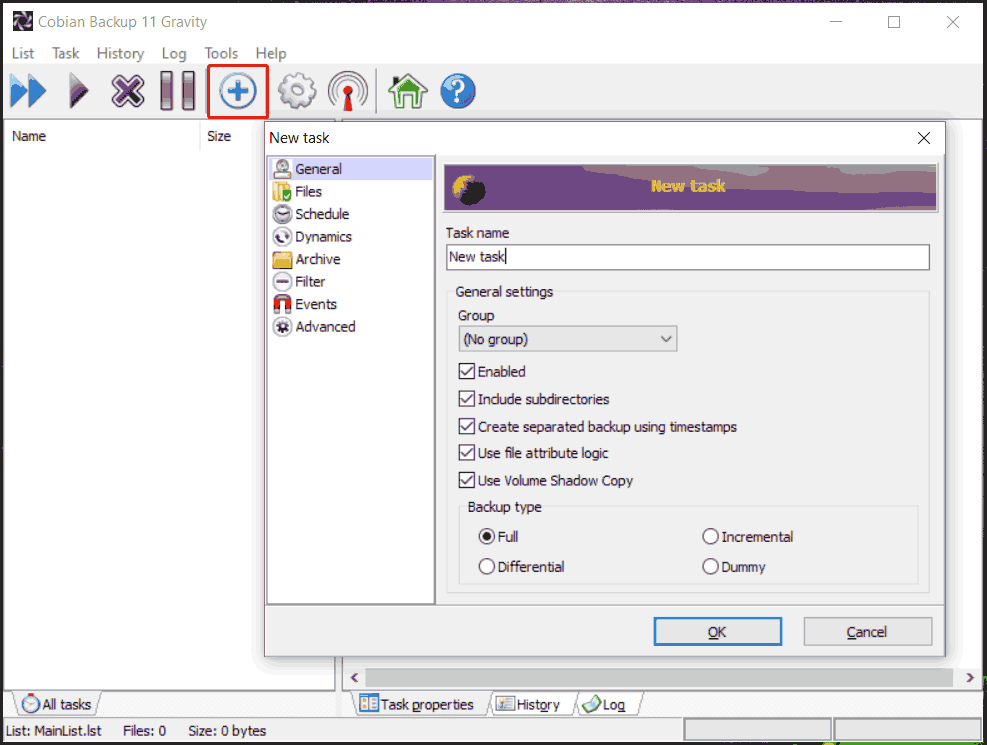
Step 4: Customize the task name, general settings, and backup type, and click OK to proceed.
Step 5: Choose the files or directories to back up and specify a directory, or choose an FTP server as the backup destination. Then, the backup task begins after clicking OK.
Often, you meet the error “The engine is not found” when running a file backup. To successfully back up your PC without any limitations and issues, let’s focus on several Cobian Backup alternatives.
#1. MiniTool ShadowMaker
On the backup software market, MiniTool ShadowMaker stands out because of its rich features. It allows you to back up your computer to an external hard drive, USB drive, NAS, and more within several steps. With its help, your system can be quickly restored to the previous state in case of system crashes, and lost data can be recovered.
As an alternative to Cobian Backup, MiniTool ShadowMaker functions well in Windows 11/10/8/7 and Windows Server 2022/2019/2016, offering the best backup and recovery solutions for businesses and individuals.
Here are some highlighted features:
- In terms of the backup source, this PC backup software involves file backup, folder backup, system backup, disk backup, and partition backup. Compared to Cobian Backup, it is more comprehensive.
- As for backup types, MiniTool ShadowMaker supports 3 common ones: full backup, incremental backup, and differential backup. Via the latter modes, you can easily back up only the changed or newly added data, saving disk space and time.
- It comes with the Media Builder feature that creates a bootable USB drive or disc. Although your computer fails to boot, you can enter WinPE and run the utility for backup & recovery.
- Restoring Windows to the PC with dissimilar hardware becomes easy with the Universal Restore feature.
- If you have a multitude of data to back up, MiniTool ShadowMaker effectively creates automatic backups, keeping data safe.
- Aside from imaging backup, the tool supports cloning HDD to SSD and moving Windows to another drive for a disk upgrade.
- It supports password protection, compression, email notification, etc.
In summary, MiniTool ShadowMaker is always a good assistant in disk imaging backup, and cloning. Without any computer skills, you can easily implement your tasks due to the friendly user interface.
This backup program also has some cons:
- No support for cloud backup.
- No support for system cloning.
How to run MiniTool ShadowMaker to back up your computer? Follow the simple guide.
Step 1: Connect your USB or external drive to the machine.
Step 2: Launch MiniTool ShadowMaker Trial Edition.
Step 3: In the Backup tab, go to SOURCE to choose what you want to back up and navigate to DESTINATION to select the USB or external drive.
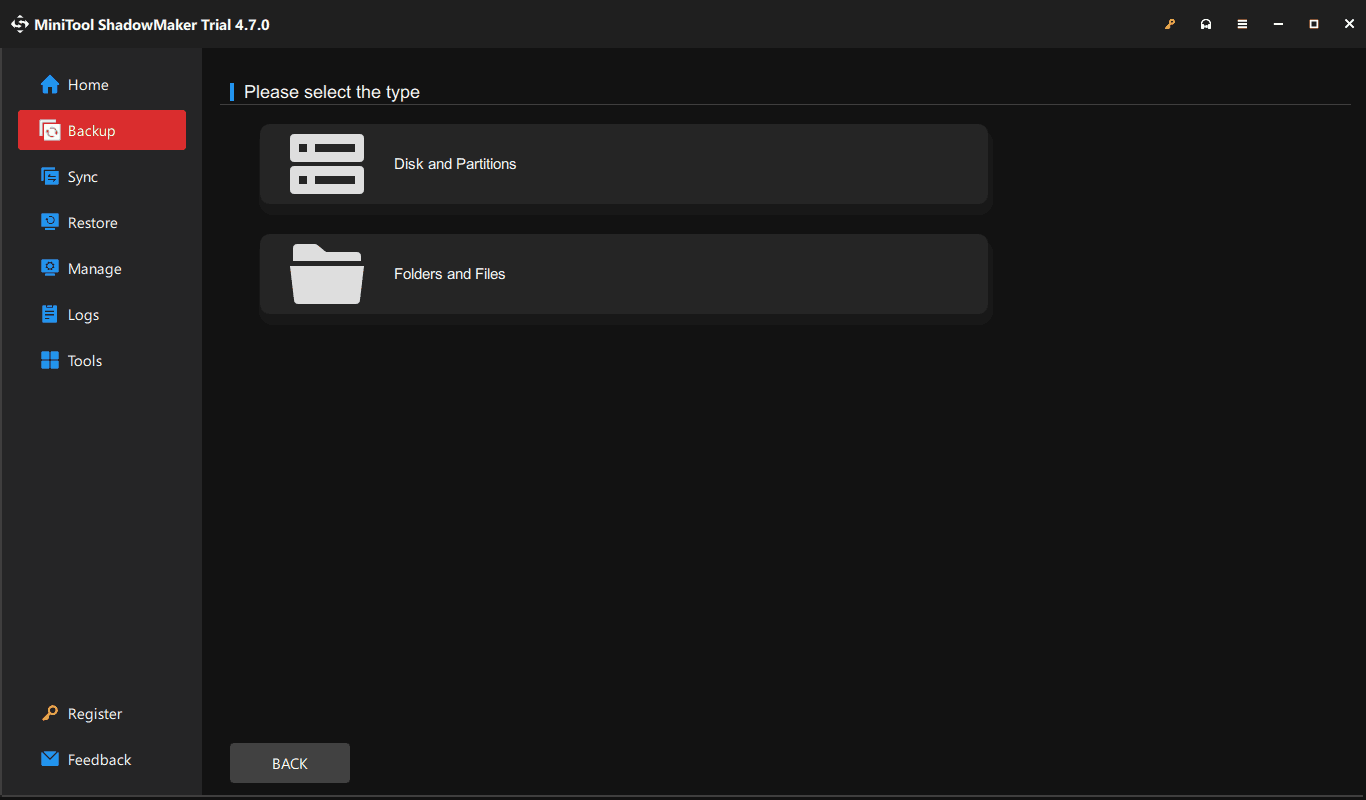
Step 4: Make some advanced options for your backup by moving to Options, for example, schedule a plan for regular backups, pick a backup scheme to make incremental or differential backups, meanwhile delete old backup versions, etc.
Step 5: Begin the backup by clicking Back Up Now.
#2. FBackup
If you are looking for a piece of free file backup software, FBackup comes in handy. As the Cobian Backup alternative, it is compatible with Windows 11, 10, 8, 7, & Vista and Windows Server 2025/2022/2019/2016/2012/2008. For personal and commercial use, FBackup is fully free.
FBackup is primarily designed to protect your valuable data from partial or total loss by backing it up. You can back up files and folders in the cloud to your Dropbox or Google Drive account. In addition, it supports backing up files to any local and network drive, CD/DVD/Blu-ray disc, USB drives, etc.
In storing your backup data, FBackup uses the standard type of compression, ZIP. Any ZIP utility can restore the saved data. Importantly, it offers a password-protection way to safeguard your data, and only you can access it.
Like MiniTool ShadowMaker, this alternative to Cobian Backup also allows you to schedule a backup plan so that you can automatically create backups, without worrying about forgetting to back up data. Moreover, FBackup has a unique feature: it supports free backup plugins that automatically pick the necessary files for backup.
Of course, there are some cons of FBackup:
- No support for incremental and differential backups.
- Unable to back up your system, disk, and partition, only support file backup.
How to use FBackup to perform a backup task? Here is a simple guide.
Step 1: Download & install this Cobian Backup alternative on your PC, then launch it to its main interface.
Step 2: To create a new backup task, click New. Then, select a location where you want to save the backup.
Step 3: Tick Local hard drive, open a drive, and choose the files or folders you want to backup.
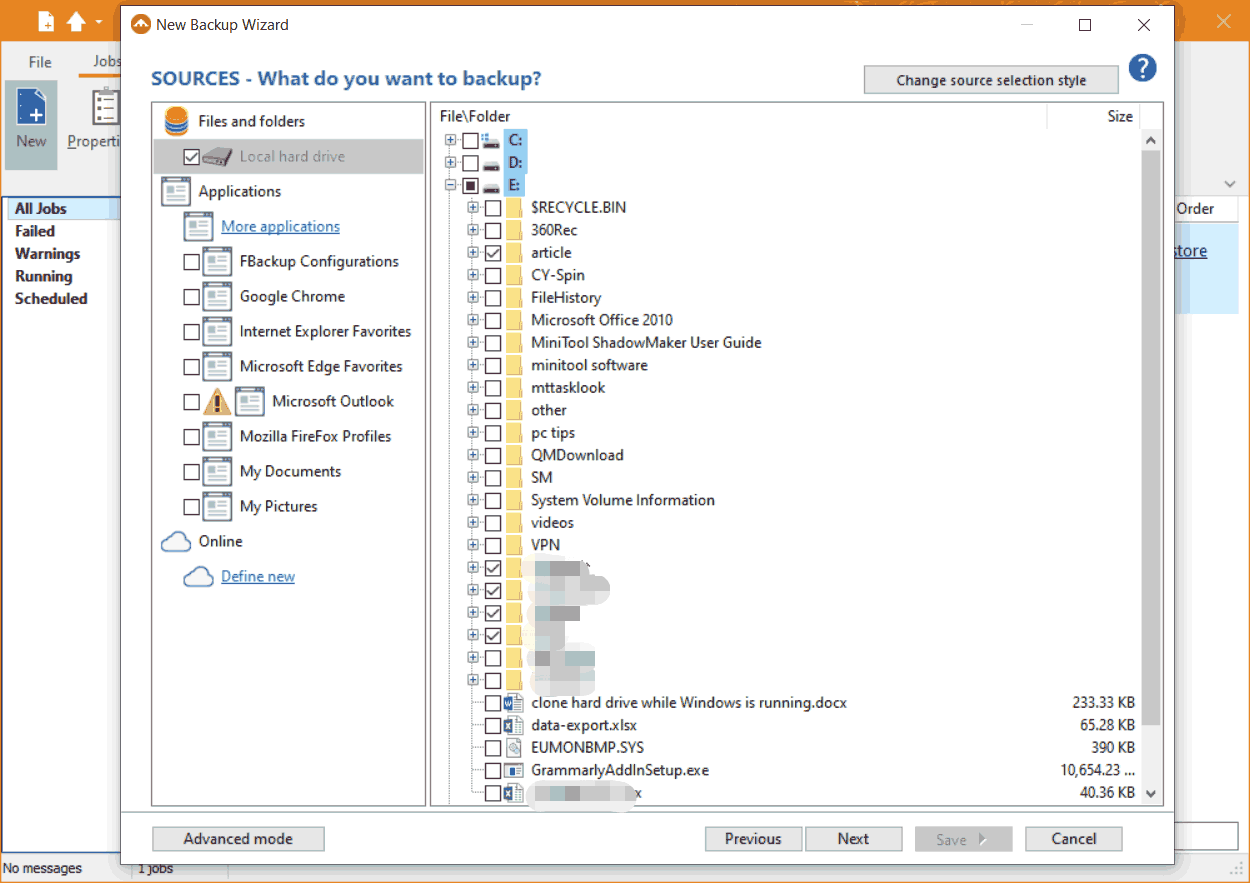
Step 4: Filter the backup sources.
Step 5: Pick a backup type – Make full (backing up files in a .zip archive) or Make mirror (backing up new and modified files in their original format without zipping them).
Step 6: Decide when you want to back up: manually, daily, weekly, or monthly.
Step 7: Enter the backup name and description.
Step 8: Click Save > Save and run.
#3. Comodo BackUp
Comodo Backup is free backup software to quickly create backup copies for your critical files. It offers a secure and reliable solution to protect your valuable data. In addition to files and folders, this backup software enables you to back up the system, a disk, a partition, registry files, registry entries, emails, etc..
You are allowed to save backups to Comodo Cloud, a local drive, a network drive, a CD/DVD, and an FTP server. As a Cobian Backup alternative, it is a better choice. It supports multiple backup formats, including CBU file, two-way sync, one-way sync, simple copy, ZIP file, ISO file, and self-extracting CBU.
Similarly, Comodo Backup features intelligent incremental backups and differential backups, optimizing the storage space and backup efficiency. Besides, you can schedule regular backups (once, at logon, manual, weekly, monthly, when idle, and every x minutes) as per your needs to ensure data is consistently protected, without manual intervention.
manual-backup-vs-automated-backup
Moreover, the tool secures your backups with encryption and supports compression to save disk space. Comodo Backup features a one-click system backup so that you can quickly restore the system to its normal status in case of system failure.
In conclusion, it is one of the best alternatives to Cobian Backup. Of course, it also has some disadvantages:
- For me, it is a bit complicated to create backups since some terms are hard to understand.
- The user interface is not friendly for beginners.
Below, let’s explore how to run Comodo Backup for PC backup.
Step 1: Download this free Cobian Backup alternative from a third-party website like https://www.filehorse.com/download-comodo-backup/, and run the .exe file to finish the installation.
Step 2: Launch Comodo Backup to its Home page. To back up your operating system, hit System Backup, and the process automatically begins.
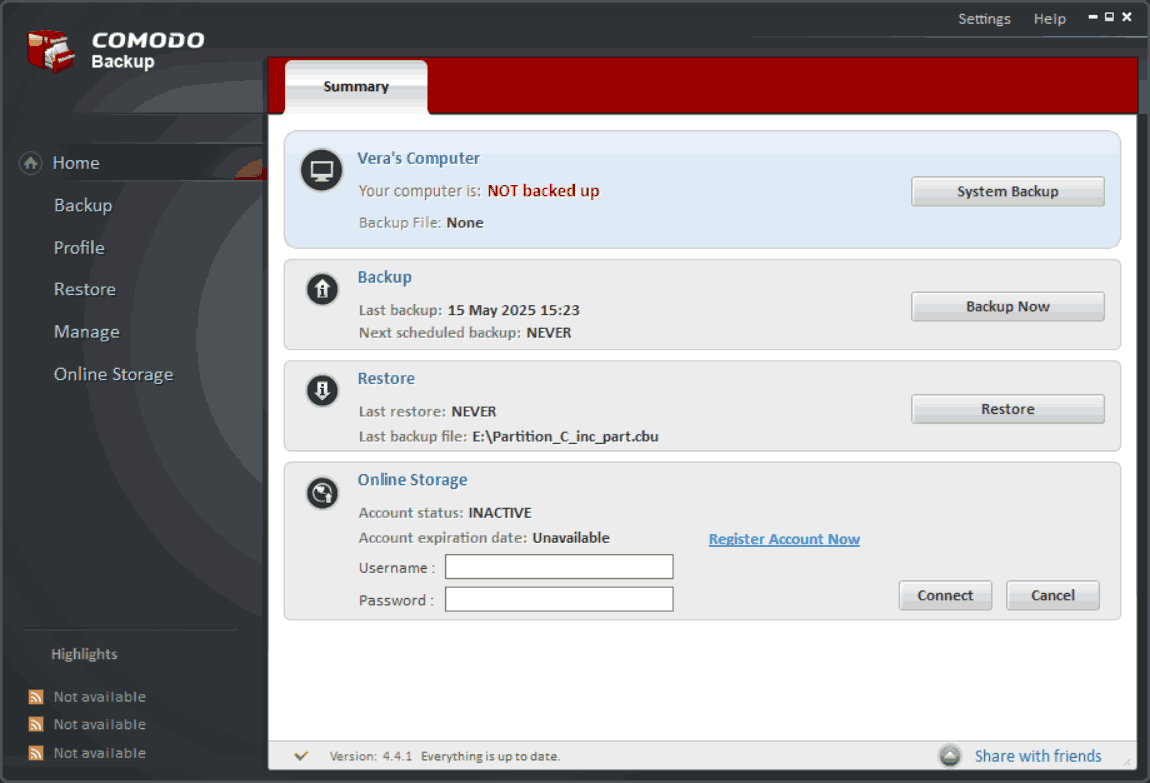
Step 2: To back up your files, hit Backup Now, and choose what to backup. Here, you also need to pick a backup type.
Step 3: Specify a destination and schedule a plan.
Step 4: Execute the backup task immediately.
Other Top Cobian Backup Alternatives
In addition to these three substitutes, there are still other top ones when searching for an alternative to Cobian Backup in Google Chrome.
- Macrium Reflect
- Redo Rescue
- JaBack
- Backup4all
- CrashPlan
- More…
Here we won’t introduce them in detail. If you are interested in one of them, download, install, and try.
Bottom Line
As a free backup software, Cobian Backup plays an important role in protecting files from loss due to virus attacks, human errors, PC issues, natural disasters, and more. Although it reaches its life, you can still download, install, and use it by following the above instructions. Or, consider its successor, Cobian Reflector.
Or, look for an alternative to Cobian Backup online and run it for PC backup in Windows 11/10/8/7. We have introduced to you 3 free substitutes in detail – MiniTool ShadowMaker, FBackup, and Comodo Backup.
Whatever, the backup software you use should meet some basic backup needs: automatic backup, incremental, and differential backup. That way, you can schedule a backup plan, without worrying about forgetting to back up, meanwhile saving much disk space and effort.
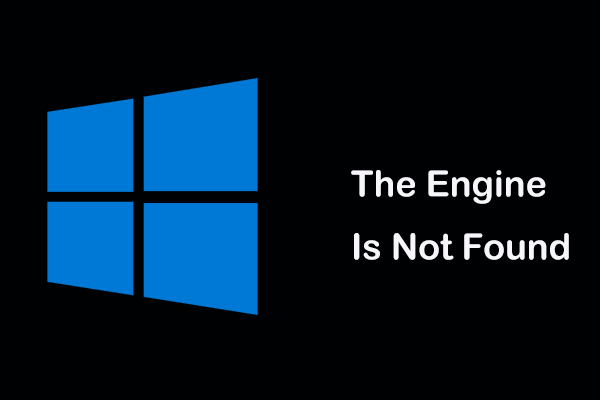
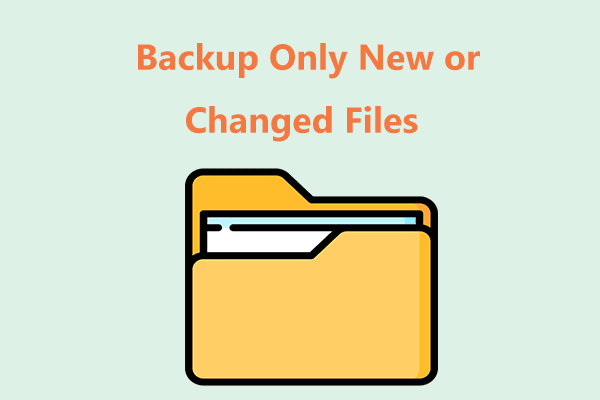
User Comments :